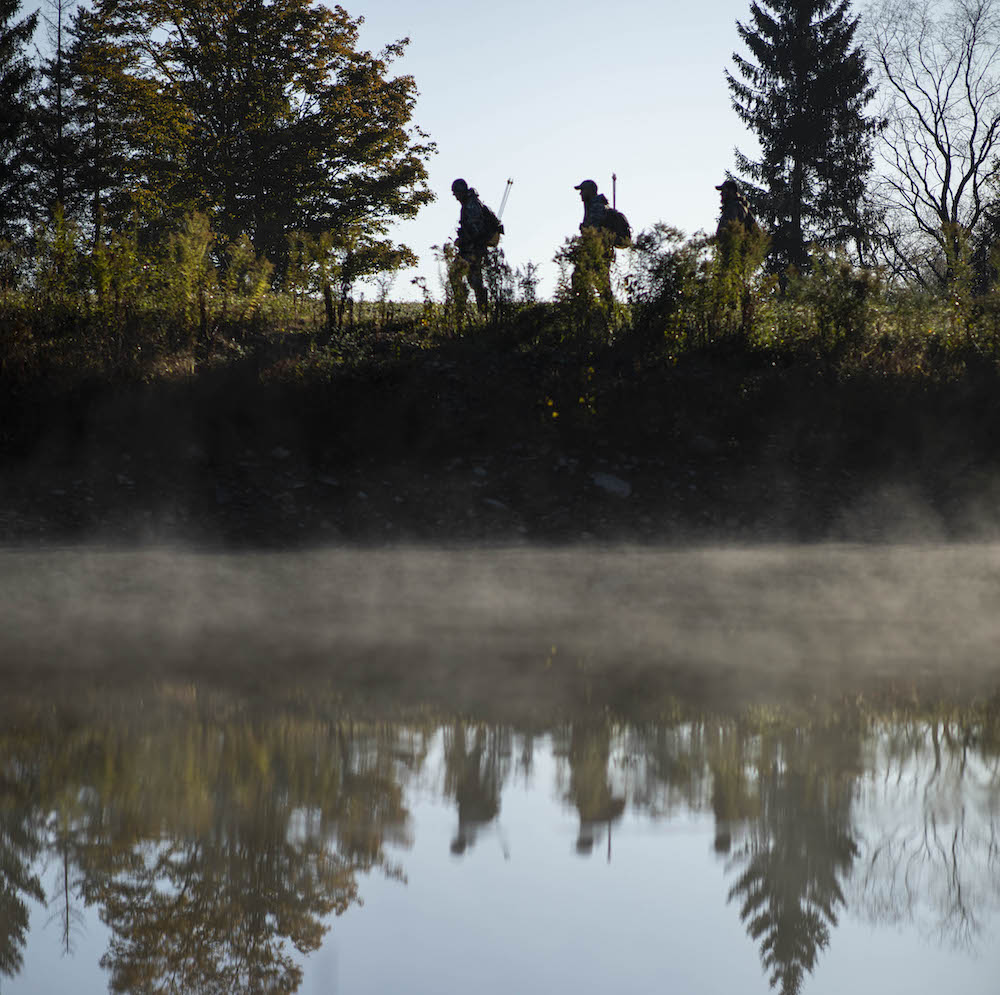Retail
Why Retailers Should Avoid the Weekend Warrior Label
Discover how overlooking and mislabeling customers can negatively affect your business.
Photo Credit: ATA
Archery shop customers come from a variety of backgrounds, and with a variety of interests. Old and young, male and female, recurve and crossbow shooters. No customer appreciates being labeled — but one label that seems to pop up every hunting season is the “weekend warrior.” Don’t let the name fool you, because this is one customer you shouldn’t dismiss.
The weekend warrior term was coined in 1956 by the U.S. government when referencing naval aviators in the reserve services who only trained on the weekends. Today, Webster’s New World College Dictionary defines a weekend warrior as “a person who engages in athletics or military reserve service just on weekends.”
Many customers in the hunting world could fall into the weekend warrior category, too, because they only go hunting on Saturdays and Sundays. Some hunt the weekends because they want to dedicate just two days a week to hunting; for others, weekends are the sole opportunity. Whether someone hunts on the weekend by choice or by necessity, retailers and industry members must realize using the weekend warrior term can have consequences.

Sometimes, the weekend is the only time you can get out to bowhunt. Photo Credit: ATA
Labeling someone as a weekend warrior can be insulting or confining. For some, the connotation is that they’re a lazy, uncommitted hunter. In reality, home life and responsibilities might be keeping them from going afield as much as they like, even if they take hunting very seriously. For newer hunters just getting started and hunting on weekends, being labeled a weekend warrior can become a blow to their confidence.
The problem is classifying customers as weekend warriors. Why? Because people don’t like being mislabeled or misidentified. If someone feels like they’re being put in a box or treated like they’re not as important as someone who hunts full-time, they’ll leave your business to shop where they feel respected and appreciated. Think about it like this: Do you like it when someone gives you a negative review or mislabels your business or salespeople? Probably not. You might get defensive and want to set the record straight. That’s likely how people feel when they’re classified as something they’re not.

Talk to customers about their schedule. Photo Credit: ATA
Retailers should never overlook people who can only hunt one or two days a week. That customer’s money is just as valuable and necessary (to your business and the industry) as the money used by someone who hunts every day.
Suppose you have a customer who only hunts the weekends. Talk to them about their situation and try to help them achieve their goals. If they’re happy with their hunting schedule, support them. If they wish to get more time afield, try to help them find a solution. If child care is an obstacle, maybe you can recommend a reliable babysitter. If they work long hours, perhaps they could shift their schedule to sneak in a morning sit before work. If they feel like they’re overhunting their property, maybe you could help them find a piece of nearby public land to hunt. Whatever the issue, let them know you care and want to help.
It doesn’t matter how much time someone puts into hunting, nor does it matter how much someone cares about hunting. What matters is that they’re a hunter. The hunting community should support all participants, no matter how much time they log. Therefore, retailers and industry members should treat all hunters and customers equally, regardless of their commitment level.
Check out these articles for more information on working with customers:

WE ARE HERE TO HELP THE INDUSTRY, TO HELP INDIVIDUAL BUSINESSES GET THE MOST OUT OF THE INDUSTRY, AND TO HELP YOU.
